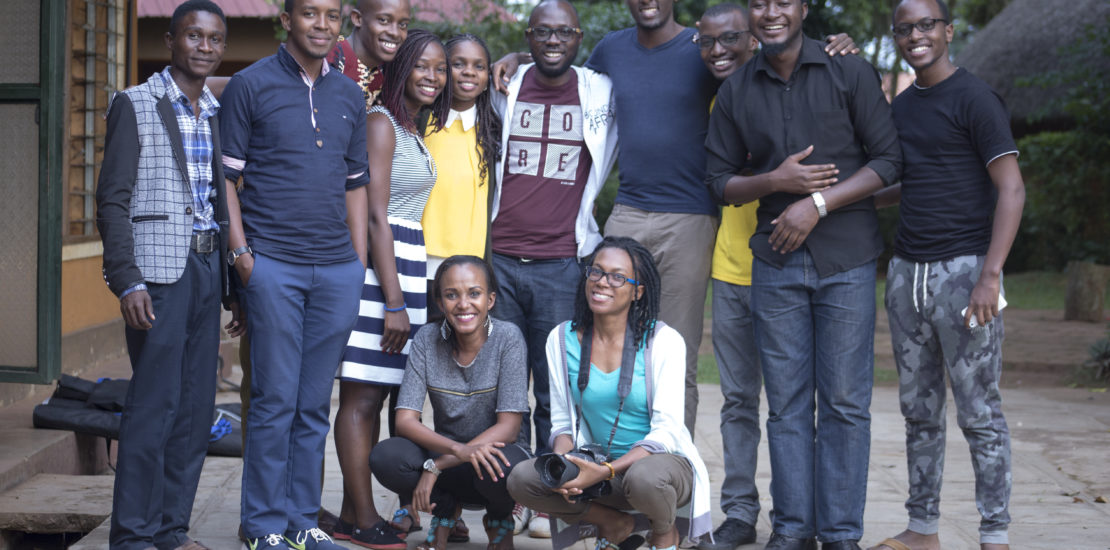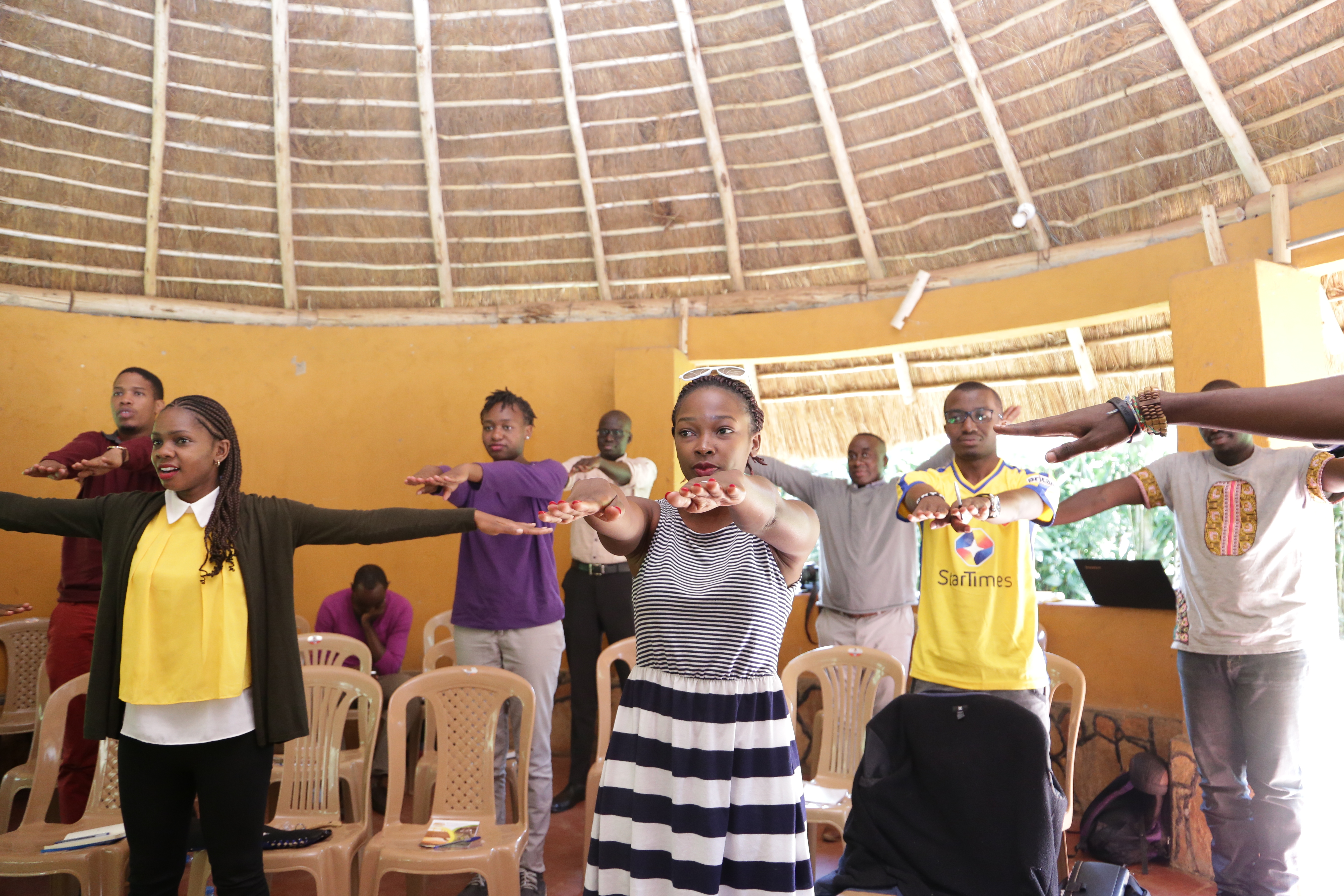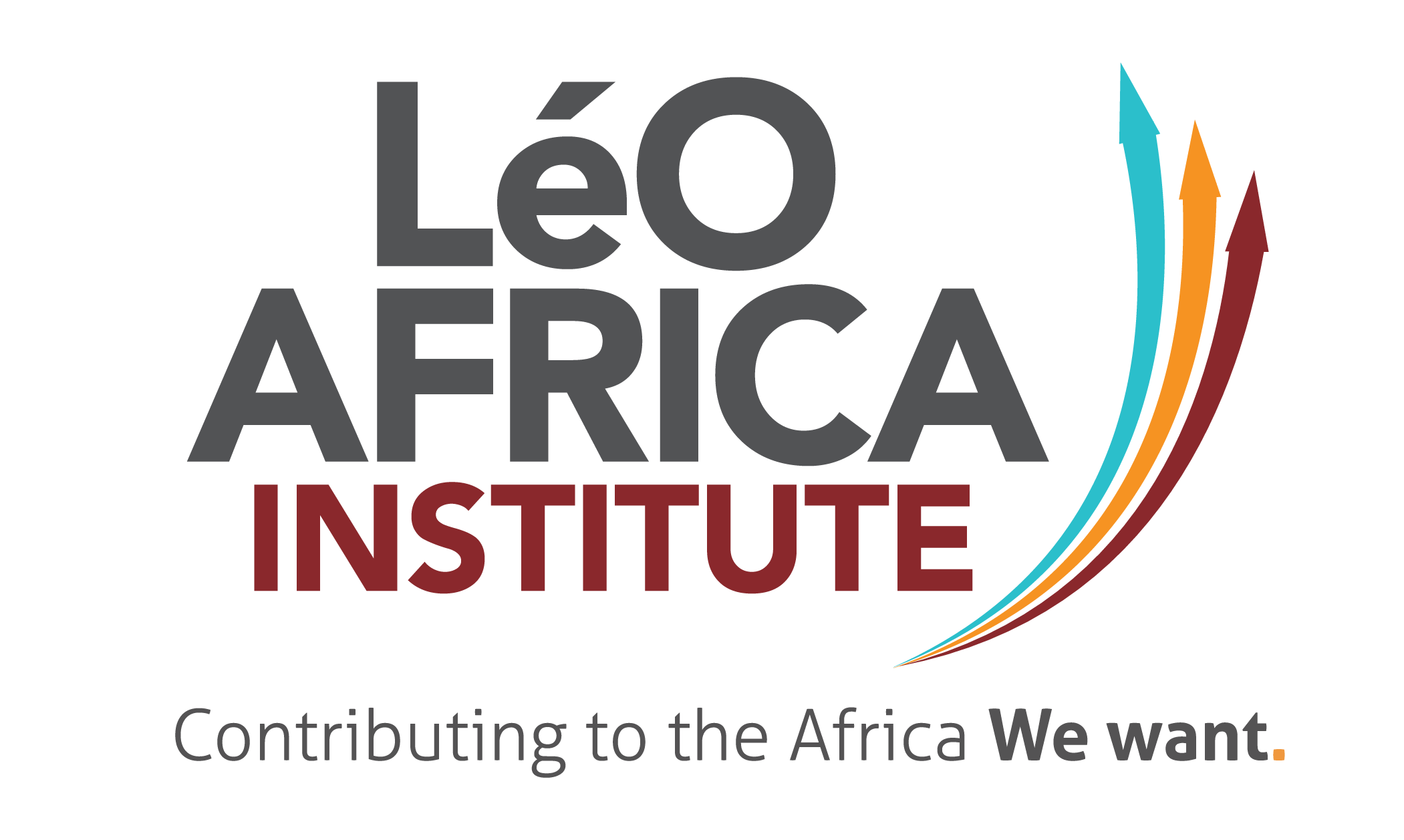- November 26, 2018
- Posted by: Liz Muange
- Category: Blog

I became a YELP fellow in 2017.
At this point in time, I had many questions about leadership, and what my individual role was in contributing towards changing the state of affairs in my workplace and country. I was feeling challenged, because I didn’t know how to contribute to the change I wanted to see. However, throughout the Fellowship, I met and interacted with fellows from Kenya, Uganda and Rwanda. We were all within the same age group and battling the same problem: how do we become better as individuals, and how can we be part of the change in our countries?
The fellowship put me in a room full of like-minded young people and gave us the tools we needed to evaluate our own abilities as leaders. It was clear that being a leader starts with a person understanding what they are passionate about in life and knowing what their strengths and weaknesses are. During the some of the fellowship sessions we broke down the character traits of different African leaders and assessed their leadership styles. One of the first lessons I learnt was that leadership is about influence and that even people with bad character can be good leaders, depending on their ability to influence a population either positively or negatively.
 Going into the YELP fellowship I had two personal work-related challenges that I wanted to solve.
Going into the YELP fellowship I had two personal work-related challenges that I wanted to solve.
The first was how to reduce the funding gap that exists for early stage companies. My work involves supporting companies across East Africa access funding by developing and implementing blended finance tools that incorporate both donor and private sector funding. The aim is to de-risk investment opportunities in underfunded sectors or to high impact growth companies that can’t easily access funding. Over the last 4 years I have seen such a huge funding gap among small and growing businesses, this despite there being lots of debt and equity investment opportunities available to the market. In my interactions with entrepreneurs who were part of my cohort, I learnt a lot about their fundraising struggles, and got inspired to do something about it.
Five months ago, I co-founded IncuBrain Africa, which is an incubation program that aims to build sustainable enterprises. Using a non- cohort approach, the program is customized since each growing business has its own unique challenges. The businesses are also incubated from their own premises. The program aims to solve the problem of a lack of viable pipeline projects for investors to invest in by addressing three main challenges that startups face: lack of access to capital, insufficient management talent and lack of proper market linkages. With IncuBrain, we hope to significantly reduce the funding gap challenge by ensuring companies have the technical and financial support required to succeed.
The second challenge I had was how to make our economic sectors in East Africa more competitive on a global scale.
While on a visit to India in 2016, as part of my work managing a value chain development programme in the Kenyan leather sector, I visited a factory producing top class leather accessories which was exporting its goods all over the world. The factory owner had trained in a government technical training institution and upon completion of his studies received land in an Export Processing Zone to set up a factory. The company was also on a market linkage program run by the Trade Ministry and was being exposed to new markets across the globe.
I was pleasantly surprised to learn that the factory owner was just twenty-five years old and had started the business two years before in 2014. However, the level of traction gained by the company within such a short period of time was incomparable to what a young person starting the same business in Kenya would have. This experience highlighted the role that the government can play in investing its resources to make its youth competitive and attractive in a global market. This is a challenge that we are still grappling with in Kenya and across the region. There are not enough young people having a seat at the table to drive policy changes in favour of our young workforce.
On the path to figuring out how I can impact the policy environment in my home country, I came up with the following proposals to our governments in East Africa that will create better opportunities for future generations.
First, the education systems currently in place need to focus on providing practical technical skills to students using improved learning concepts and tools. We also ought to ensure entrepreneurship training starts at an early level within the education system. Also, ensuring Technical and Vocational Education and Training (TVET) colleges have short-term practical skills programmes that are matched to private sector industry requirements, will ensure that the future workforce keeps ahead of the innovation curve and on track with developments in the market.
The private sector also has a role to play. By ensuring placement programs are established within their companies and there is efficient and relevant feedback given to the training institutions about the skills gap they have, we will not only be able to plug the gaps, but also go a long way towards addressing the problem of insufficient capacity within our workforce.
In doing all this, what the YELP fellowship provided me was belief that I was on the right path. I learned that leadership is a journey that starts with taking the right steps. It is about having the right conversations with a group of individuals who share diverse interests but with a unified vision to do more and do better for Africa. The experience and lessons learned in programmes like the YELP are a timely gift I would like to share with every young person across our region and continent that is not content with the state of affairs in the community or country, and would like to do better.
Liz Muange is a 2017 Fellow of the LéO Africa Institute. She’s currently deputy director for Investment at the East Africa Trade and Investment Hub.
